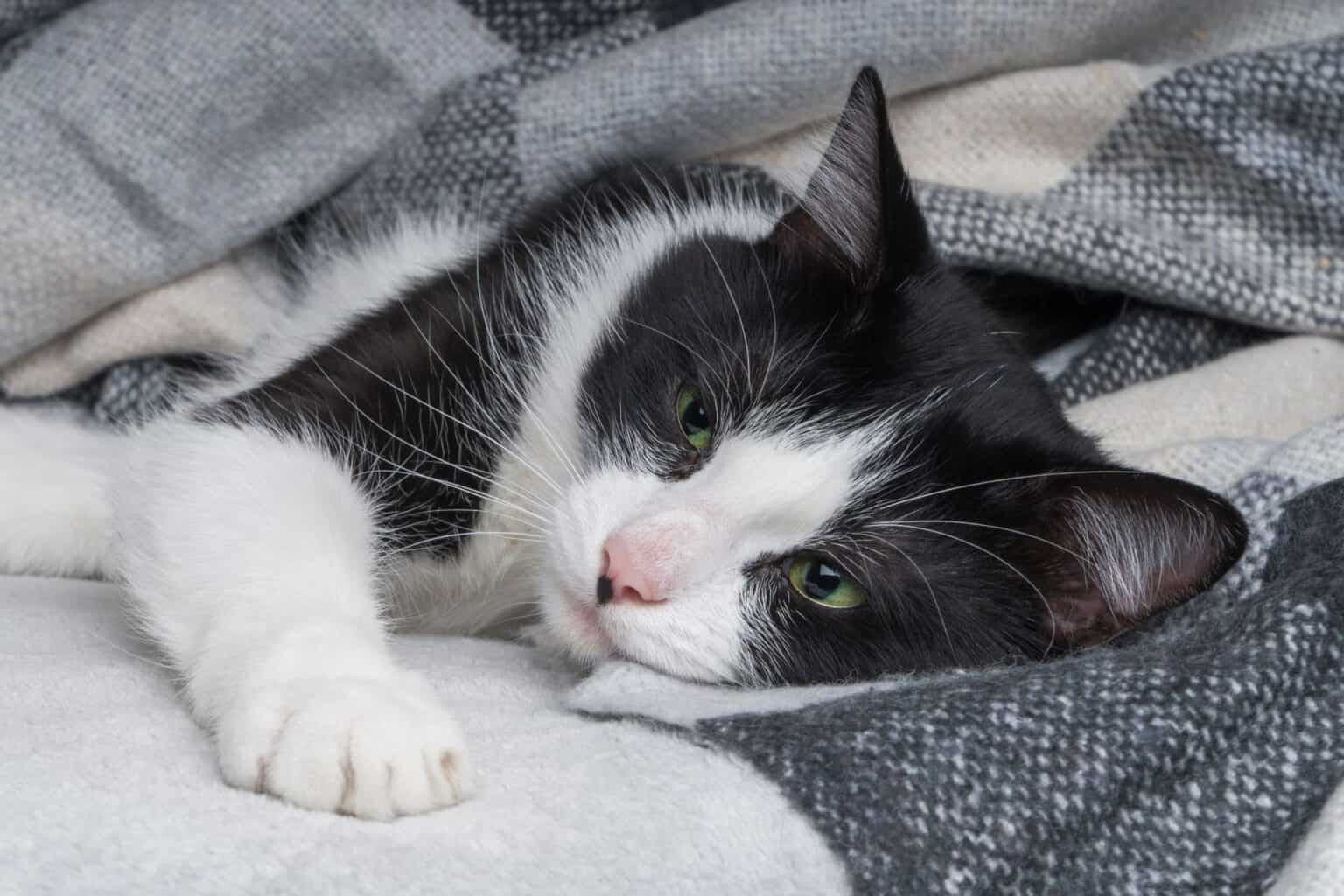Just Breathe: Understanding Cat Asthma and Other Feline Respiratory Problems

Breathing problems in our pets are one of the scarier animal emergencies that an owner can experience. While there are many causes for respiratory distress in cats, feline asthma is a common offender. Cat asthma can be a serious condition of which pet owners should be aware.
Cat Asthma and Other Breathing Problems of Note
Sometimes pets make funny noises, and there are many reasons why they might wheeze, sneeze, cough, or breathe heavily.
It is often impossible to tell the difference between various causes of respiratory problems in cats without some diagnostic testing. Things like blood tests, radiographs, and cardiac testing can help our veterinary team to diagnose things like:
- Cardiac disease—Cats can suffer from heart conditions such as congenital defects, valve disease, or heart muscle conditions that lead to congestive heart failure. This can cause fluid to build up in the lungs, resulting in difficulty breathing.
- Feline asthma—Cats are very prone to inflammation and may suffer from lower airway inflammation and constriction. This is called asthma, and just like in people, allergens such as dust, pollen, and perfumes may exacerbate the issue.
- Nasopharyngeal foreign bodies—Anything in the nose or back of the throat that doesn’t belong can result in difficult or noisy breathing. Plant material or other objects can end up there, but cats also are prone to growing troublesome polyps in the nasopharyngeal area.
- Obesity—Excess weight can crowd the airway, which results in increased respiratory noise. This is especially notable in brachycephalic cats such as Persians.
- Parasites—Lungworms, or feline heartworms, can cause trouble in the heart and lungs. They can cause inflammation and other damage that can lead to respiratory symptoms or even crisis.
- Primary lung disease—Problems in the lungs themselves may include things like pneumonia, cancer, fungal disease, or fluid buildup.
- Upper respiratory disease—Upper respiratory infections are very common in cats and often result in watery eyes, sneezing, runny nose, and congestion.
Some respiratory problems in cats are pretty benign, while others are quite serious.
When It’s an Emergency
So if feline respiratory disease can appear similarly, but some causes can be very serious such as in the case of cat asthma, how is a pet owner to know when to be worried?
Thankfully, we have experts at BEEVET Animal Hospital to help with that. It is never wrong to make an appointment if you have concerns, but definitely call us if your cat:
- Seems distressed
- Is breathing with an open mouth
- Is making a new noise
- Is making a breathing sound that is lasting more than a few minutes
- Has discharge from the nose or eyes
- Is having labored breathing
- Has been hiding more than normal or acting sick otherwise
- Is not eating well
- Has a cough
- Stretches the neck out to breathe
- Has blue or gray gums or tongue
Respiratory distress is a pet emergency!
An accurate diagnosis made by a pet professional is essential to helping your furry patient feel better and breathe easier. In the case of conditions like cat asthma, we may need to work together as a team to manage the condition through things like allergen elimination and oral or inhaled steroid treatments.
The sooner and more accurately we can diagnose the cause of the respiratory noise, the better we can help your pet. If your cat is having breathing problems, take a deep breath and let us do what we do best. Call (512) 263-9292 today.
